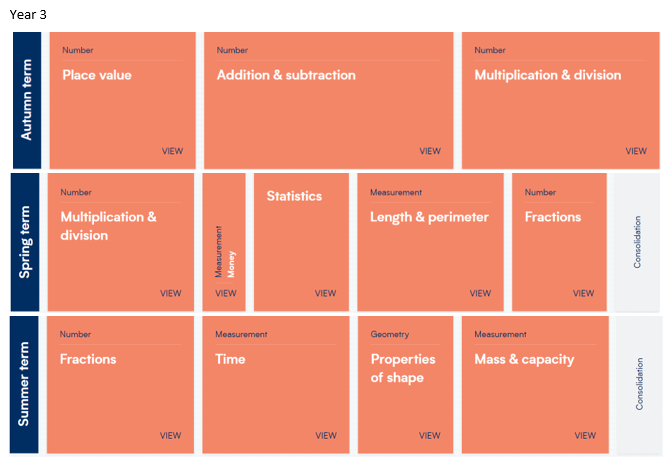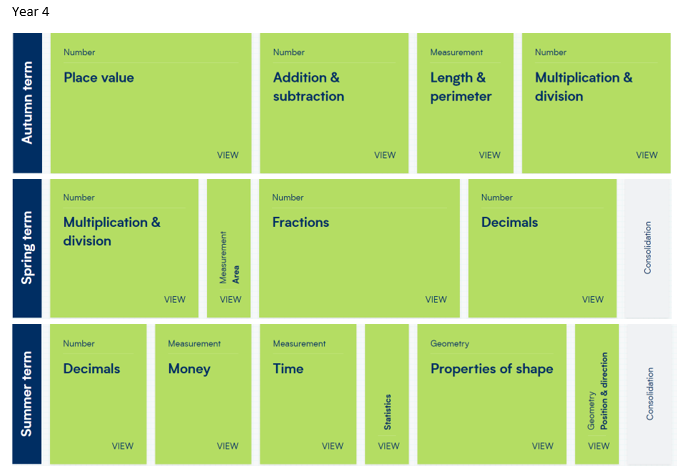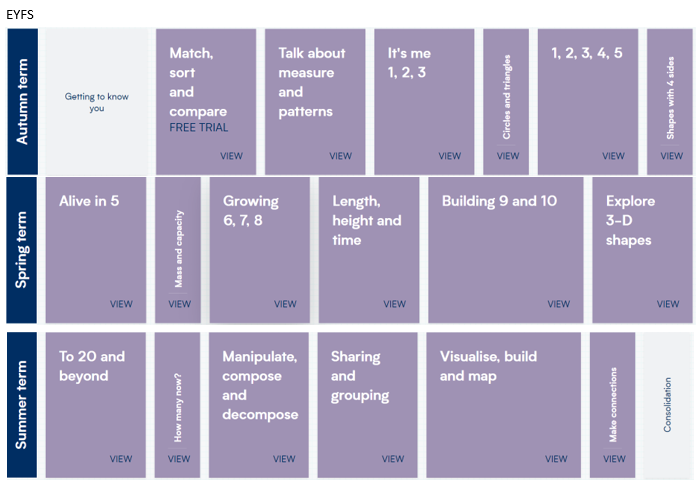Mathematics
Mathematics at Buntingford First School, the aim is to inspire young people to see the true beauty of mathematics as a study of patterns. We want students to develop a passion for mathematics; in collaboration with teachers; that results in high quality teaching and learning experiences, co-curricular activities and sustained academic success well above the National average. Our curriculum will aim to develop students’ logic and multiplicative reasoning in order to solve increasingly complex problems, alongside embedding fluency utilising mathematical procedures. As a result, students will see mathematics as interesting, relevant and accessible. We are determined students will continue to positively engage their mathematics knowledge and skills in their everyday life with the expectation that many students will pursue mathematical fields of study and careers once their formal education has concluded.
Why is Maths important?
Maths isn't just an important subject in school — it’s essential for many of your daily tasks. You use it every day to perform real-life skills, like grocery shopping, cooking and tracking your finances. You simply can’t make it through a day without using some sort of basic maths.
A person needs an understanding of maths, measurements and fractions to cook and bake. You also need maths to calculate when you should leave your house to arrive on time, or how much paint you need to redo your bedroom walls. Financial literacy is an incredibly important skill for adults to master. It can help you budget, save and even help you make big decisions like changing careers or buying a home.
Mathematical knowledge may even be connected to many other not-so-obvious benefits. A strong foundation in maths can translate into increased understanding and regulation of your emotions, improved memory and better problem-solving skills. What makes maths special is that it’s a universal language — a powerful tool with the same meaning across the globe. Though languages divide our world, numbers unite us. Maths allows us to work together towards new innovations and ideas.
When is maths taught?
Maths is taught every day from Nursery through to Year 4.
How is maths taught?
Across all classes the objective is to ensure that all children develop firm mathematical foundations in a way that is engaging, and appropriate for their age. We teach from the White Rose Education scheme of work which is influenced, inspired and informed by the work of leading researchers and practitioners across the world. The White Rose curriculum embeds mathematical thinking and language while engaging children in multiple ways. Step-by-step lessons build confidence in maths and encourage the development of problem-solving skills and fluency. We let children explore mathematical concepts with curiosity and without fear of making mistakes. We include lots of fun, collaborative and engaging activities which cement mathematical knowledge. We also provide opportunities for more able pupils to explore mathematical concepts at a deeper level, while making sure no child falls behind.
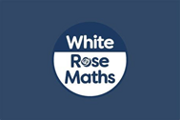
How do we assess and monitor maths?
Maths is continuously assessed through live feedback to children during their learning, questioning and recall of knowledge. Children’s progress is further assessed by end of unit quizzes to discover the learning that each child has embedded, which areas of knowledge and skill need securing, and which can be extended to a deeper level.
In each of the major topic areas (Number, Measurement, Geometry and Statistics), the curriculum has been broken down into key areas. We are using the ‘Ready to progress’ criteria produced by the DfE as part of our assessments of pupils’ learning. This document also lists the key steps in the White Rose Maths schemes of learning that support each of the ‘Ready to progress’ criteria, in the same sections as the national curriculum objectives.
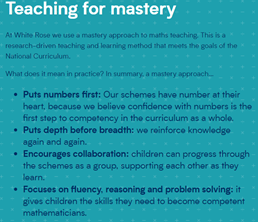 |
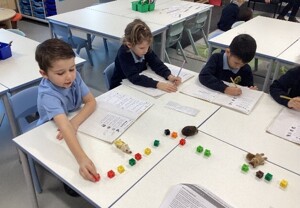 |
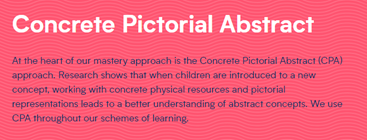 |
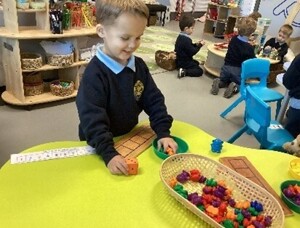 |
EYFS
KS1
At Buntingford First School the principal focus of mathematics at Key Stage 1 will be to ensure that pupils develop confidence and mental fluency with whole numbers, counting and place value. This will involve working with numerals, words and the 4 operations: including with practical resources for example, concrete objects and measuring tools. Pupils will also be guided to learn their multiplication and division facts.
We'll support children in their learning by providing them with opportunities to use concrete objects and/or act out an idea or skill. They'll also use visual, pictorial representations e.g. bar models to represent problems as well as using abstract representation – the symbolic stage where there is an understanding of formal methods.
Ongoing teacher assessment is carried out in all areas of mathematics across Years 1 and 2 to measure progress, fluency, and attainment. Students will be formally assessed on both reasoning and arithmetic during the Summer Term of Year 2.
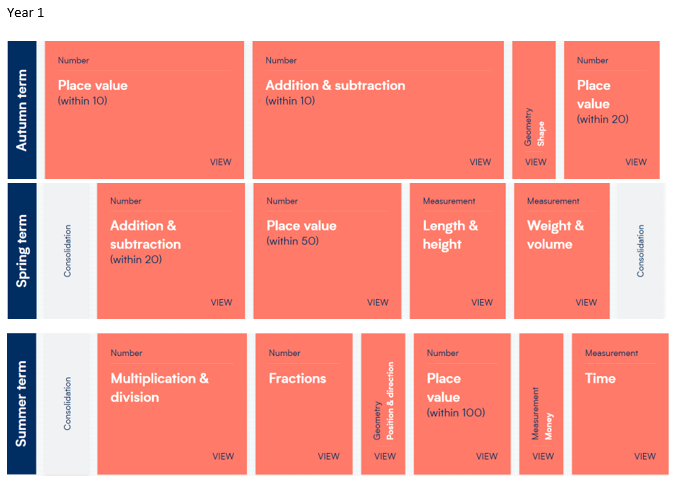
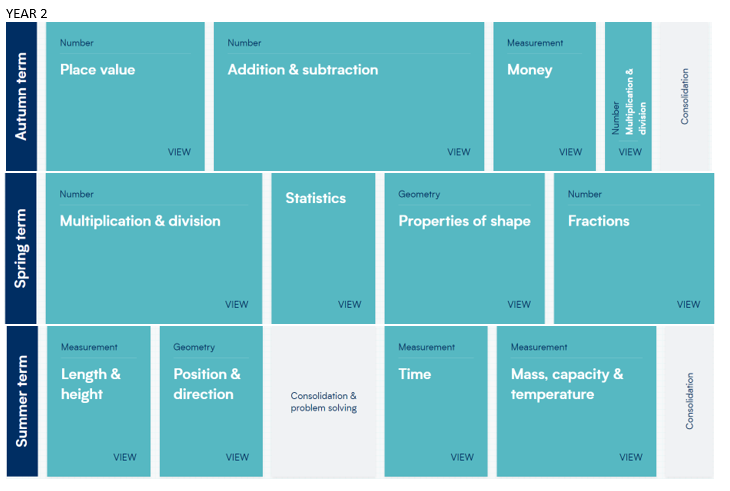
KS2
At Key Stage 2 students will become fluent in the fundamentals of mathematics, including through varied and frequent practice with increasingly complex problems over time, so that pupils have conceptual understanding and can recall and apply their knowledge rapidly and accurately to problems. Student gain knowledge on how to reason mathematically by following a line of enquiry, conjecturing relationships and generalisations, and developing an argument, justification or proof using mathematical language. The curriculum will enable our children to gain confidence with solving problems by applying their mathematics to a variety of routine and non-routine problems with increasing sophistication, including breaking down problems into a series of simpler steps and persevering in seeking solutions.
The principal focus of mathematics teaching in lower Key Stage 2 is to ensure that pupils become increasingly fluent with whole numbers and the four operations, including number facts and the concept of place value. This should ensure that pupils develop efficient written and mental methods and perform calculations accurately with increasingly large whole numbers.
